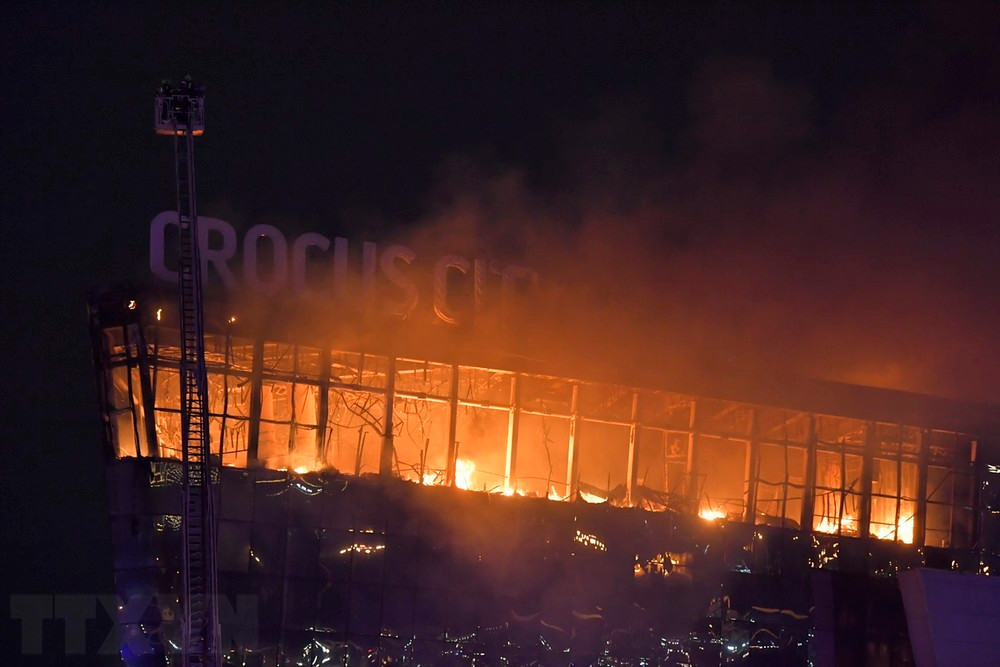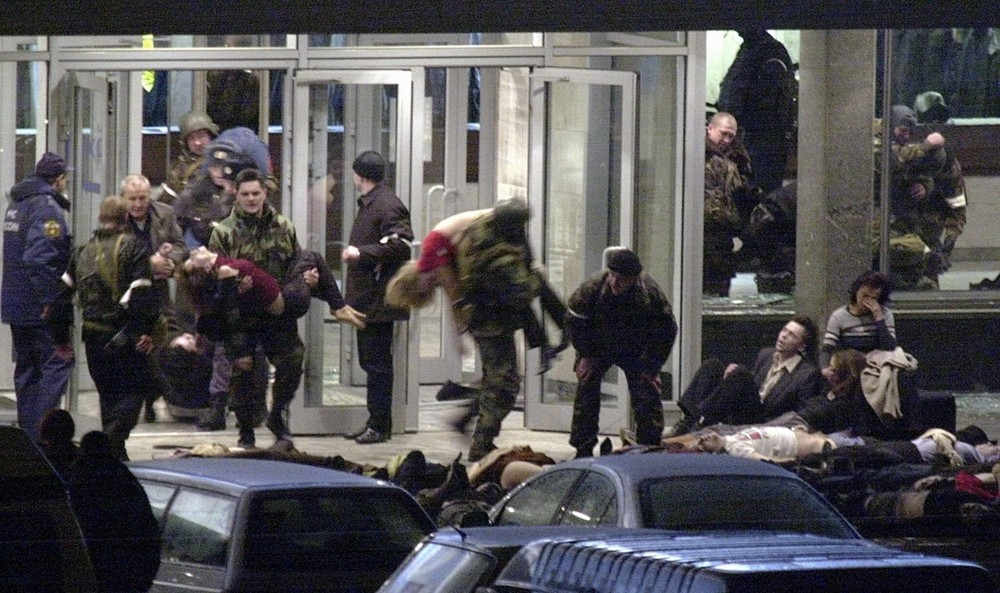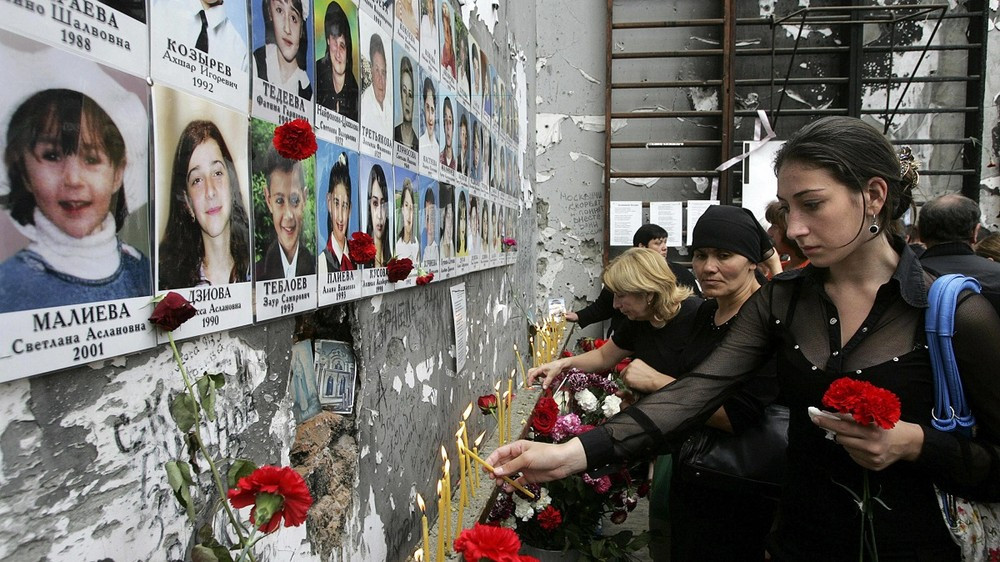The attack on the Crocus City Hall theater on the outskirts of Moscow, which killed at least 137 people on March 22, was one of the deadliest terrorist attacks in Russia in 25 years.

The attack on the Crocus City Hall theater on the outskirts of Moscow, which killed at least 137 people on March 22, became the deadliest terrorist attack in Russia in two decades.
However, this is not the first time Russia has faced such loss and pain.
As President Vladimir Putin asserted, Russia has more than once gone through the most difficult, sometimes unbearable trials, but (Russia) has become even stronger.
Over the past 25 years, Russia has seen a number of terrorist attacks, believed to originate from Chechnya and other regions of the North Caucasus. Some were religiously motivated, while others were carried out by separatists with political demands.
In September 1999, four explosions occurred in apartment buildings in Moscow, Buynaksk in the Republic of Dagestan, and Volgodonsk in southern Russia. The explosions killed more than 300 people and injured more than 1,700.
The Kremlin blamed Chechen separatists for the attack and then sent troops to Chechnya to participate in the second Chechen war.
This decisive response brought growing popularity to Mr Putin, who was serving as prime minister at the time, ahead of his first presidential run.
In October 2002, armed Chechen gunmen seized the Dubrovka Theater in central Moscow during a performance of the popular musical "Nord-Ost."
More than 900 spectators and artists attending the performance were taken hostage. The attackers demanded that Russia withdraw its troops from Chechnya.

After three days of negotiations, Russian special forces stormed the building after pumping nerve gas into the auditorium.
All 40 hostage-takers were killed. About 130 hostages died and hundreds more were injured, partly due to the effects of the gas and delays in getting medical help.
Following the attack, President Putin pledged to respond with measures "proportionate to the threat, hitting all places where terrorists may be hiding."
On September 1, 2004, the first day of the new school year in Russia, armed terrorists seized a school in the town of Beslan, North Ossetia.
They took more than 1,100 hostages, including 777 children. The hostage-takers were Chechen rebels under the command of Shamil Basayev, who demanded that Russia withdraw its troops from Chechnya and recognize the region's independence.
This time, the Russian authorities refused to negotiate. On the third day of the siege, special forces stormed the school building, allegedly after terrorists detonated a bomb inside the school.

People lay flowers and candles in memory of the victims of the school attack in the town of Beslan. (Photo: AFP)
Several witnesses and investigators said the bomb exploded after gunfire began outside the school. In the operation, 31 hostage-takers were killed and 334 hostages, including 183 children, were killed.
Ten days after the attack, President Putin addressed the government and proposed abolishing direct elections of regional governors on the grounds of unifying governance to fight terrorism more effectively.
In the 2010s, a number of suicide bombings occurred across Russia, most of them linked to jihadist militias from the North Caucasus.
In March 2010, two suicide bombings were carried out in the Moscow subway, killing 40 people and injuring more than 100.
In 2011, a suicide bombing occurred in the international arrivals hall of Domodedovo Airport in Moscow, killing 37 people and injuring 173.
In October 2013, a bomb exploded on a bus in the city of Volgograd, followed by two more bombings in December, targeting a train station and a tram. The total number of victims was more than 40.
In April 2017, another attack with an explosive device took place at a St. Petersburg metro station, killing 15 people and injuring 45.
In contrast to the Beslan and Dubrovka Theater attacks, the terrorists did not make any demands after those attacks.
To prevent similar attacks, security measures have been tightened on public transport across Russia.
TN (according to Vietnam+)